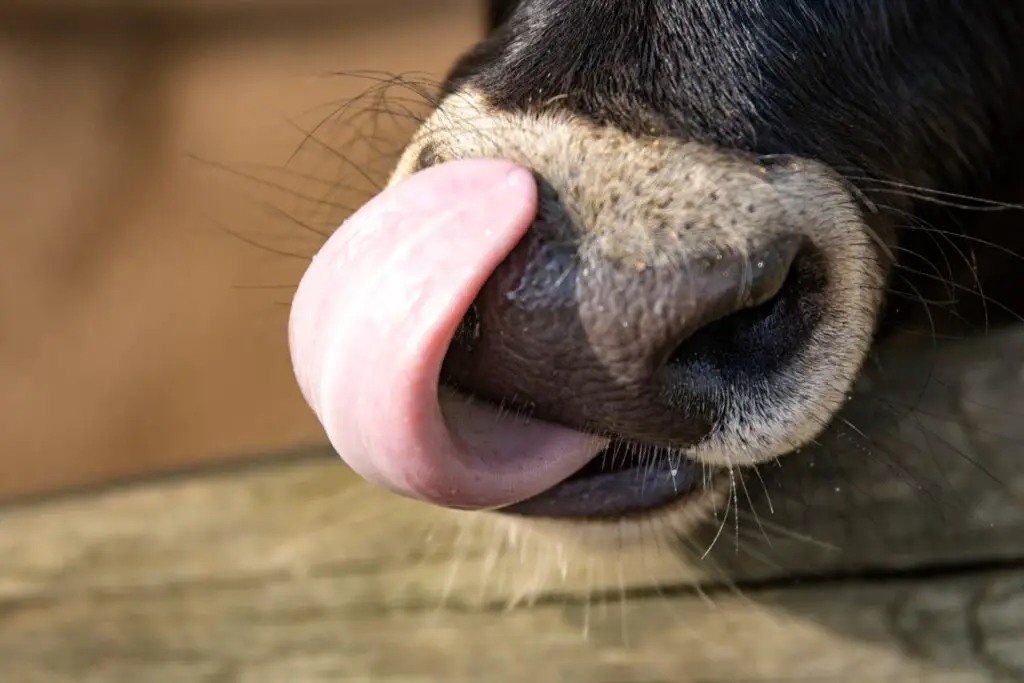
Colloquialism is a word, phrase, or expression commonly used in casual, informal, or humorous conversations. They often contain slang, regionalisms, and other non-standard terms, and are usually specific to a certain region or language.
10 Examples of Colloquialisms are:
- “Gonna” (going to)
- “Y’all” (you all)
- “Dude” (guy, friend)
- “Chillax” (chill and relax)
- “Bite the bullet” (to do something difficult)
- “Catch some z’s” (to sleep)
- “Gimme a break” (give me a break)
- “Keep it real” (Be honest and authentic)
- “Hangry” (angry due to hunger)
- “Bae” (term of endearment, short for babe or baby)
Colloquialism: The Language of Everyday Life
Colloquialism is like the comfy pair of sweatpants you slip into after a long day. It’s the language people use when they’re relaxed and just being themselves. By incorporating colloquialisms into writing, it’s possible to capture the natural flow of everyday conversation and make readers feel like they’re chatting with friends or peeking into the lives of the characters.
When to Use Colloquialisms: Casual Conversations and More
Colloquialisms can add a touch of authenticity and relatability to a variety of writing situations. Here’s when to use them:
- Fiction writing: Colloquialisms can bring characters to life by making their dialogue sound more natural and engaging.
- Blog posts or articles: Depending on the subject matter and target audience, colloquialisms can help create a more approachable and relatable tone.
- Creative non-fiction or memoirs: Incorporating colloquialisms can add depth and richness to the language, making the writing more evocative and memorable.
When to Avoid Colloquialisms: Keeping It Professional
While colloquialisms can make writing more engaging, they’re not always the best choice. In some cases, using informal language can make a piece of writing seem unprofessional or out of place. Steer clear of colloquialisms in:
- Academic writing: Essays, research papers, and other academic works call for a more formal tone.
- Professional communication: Emails, reports, and other professional documents should generally stick to formal language.
- When addressing a diverse audience: Colloquialisms might not be understood by everyone, so it’s important to consider whether using them will exclude or alienate readers.
Crafting Your Own Colloquialisms
Feeling inspired to create some unique colloquialisms for your writing? Here are some tips for crafting informal language that resonates with readers:
- Listen to real conversations: Pay attention to how people talk in everyday life and use those observations as inspiration for your own colloquialisms.
- Consider your characters or setting: The colloquialisms used should be appropriate for the characters or setting in your writing. Think about their background, age, and interests when creating informal language.
- Keep it natural: Colloquialisms should feel authentic and natural, not forced. If a phrase or expression doesn’t sound quite right, it’s better to leave it out than to shoehorn it in.
Examples of Colloquialisms in Writing
Here are some examples of colloquialisms in action, showcasing how informal language can be used effectively in various types of writing:
- Fiction: “Hey, what’s up? Wanna grab a bite to eat? I’m starving!”
- Blog post: “If you’re tired of the same ol’ dinner routine, it’s time to spice things up with this super tasty recipe!”
- Creative non-fiction: “As a kid, I’d spend hours hanging out with my friends, shooting the breeze and dreaming up wild adventures.”
By understanding and incorporating colloquialisms into writing, it’s possible to create engaging, relatable, and authentic characters and scenarios. However, it’s important to use colloquialisms thoughtfully and in moderation to maintain professionalism and clarity when needed. With a little creativity and a keen ear for everyday conversation, you can craft your own colloquialisms that will make your writing shine.
If you’re thirsty for more writing knowledge, head over here to learn all 74 literary devices. or find out about the hilarious part of the English language called a malapropism.





